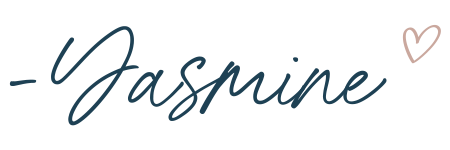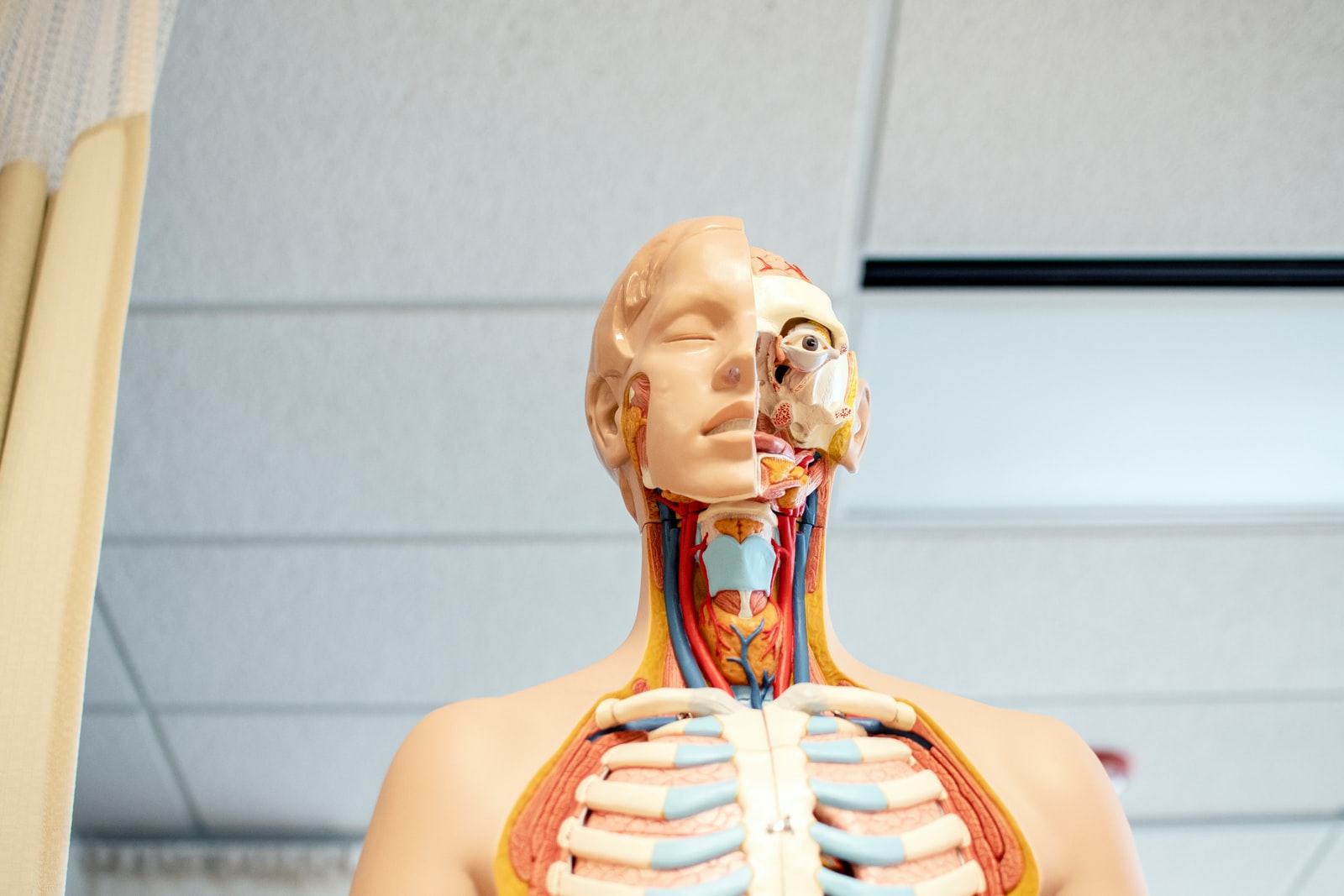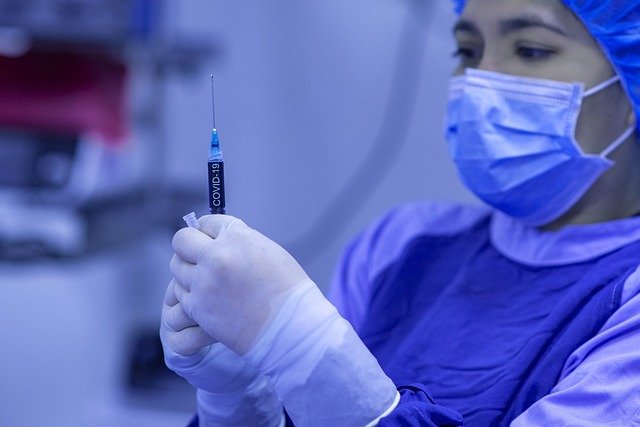Nursing students often ask me Is anatomy and physiology hard? My answer? It depends on how you look at it.
Many students feel that anatomy and physiology are complex subjects. It is often considered one of the most challenging classes in the science curriculum. However, this doesn't have to be the case. With a little bit of effort, anyone can succeed in anatomy and physiology.
One of the reasons why human anatomy and physiology are seen as so tricky is because it incorporates many different concepts.
Students need to understand the structure and function of the human body and how all the systems work together. In addition, they need to be familiar with medical terminology. This can seem daunting at first, but it gets easier with time and practice.
In this article, we will discuss if human anatomy and physiology are challenging and a few tips to succeed in these two subjects.
So, Let's begin!
Is Anatomy and Physiology Hard?

Many people believe that anatomy and physiology are hard subjects to study.
They think they will have to put in a lot of effort and time to learn these subjects. However, this is not true. You can learn these subjects easily.
Anatomy and physiology are two different fields that are related to each other. They both deal with studying how human bodies work, but they do it from different perspectives.
Anatomy is about studying structures, whereas physiology is about how these structures function together.
If you have already taken an anatomy class at a medical school or college level, you will know that this subject can be difficult if taught by an instructor who does not know how to explain things adequately.
However, if you take an anatomy class at a high school or community college level, then you will find that it is not hard at all!
Why Is Anatomy And Physiology So Hard?
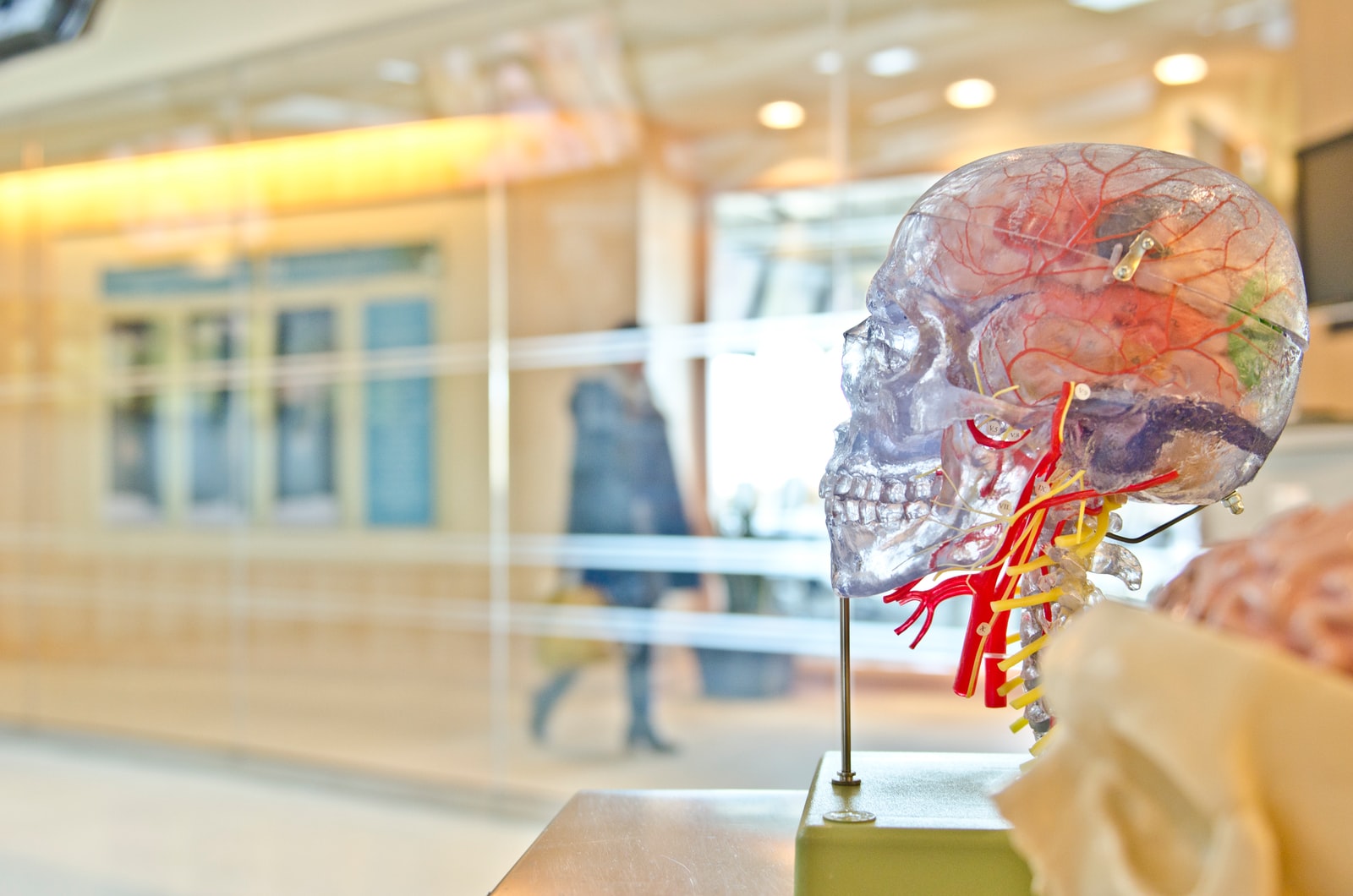
I believe that there are three reasons why anatomy and physiology are so hard:
Anatomy and physiology are highly vast subjects. There are hundreds of muscles, bones, organs, etc., and their functions can be pretty complex. It's hard to keep track of everything at once!
Anatomy and physiology are not always taught in an organized way, which makes it difficult for students to understand how all the pieces fit together.
Many concepts in anatomy and physiology are counterintuitive or strange when first encountered by students; for example, why do our hearts beat faster when we exercise? Why do we need to breathe through our nose but not our mouth?
These things seem strange at first but can become easier to remember when appropriately explained with examples and diagrams that make sense of seemingly unrelated facts (this happens in flashcards).
What To Know Before Studying Anatomy And Physiology?
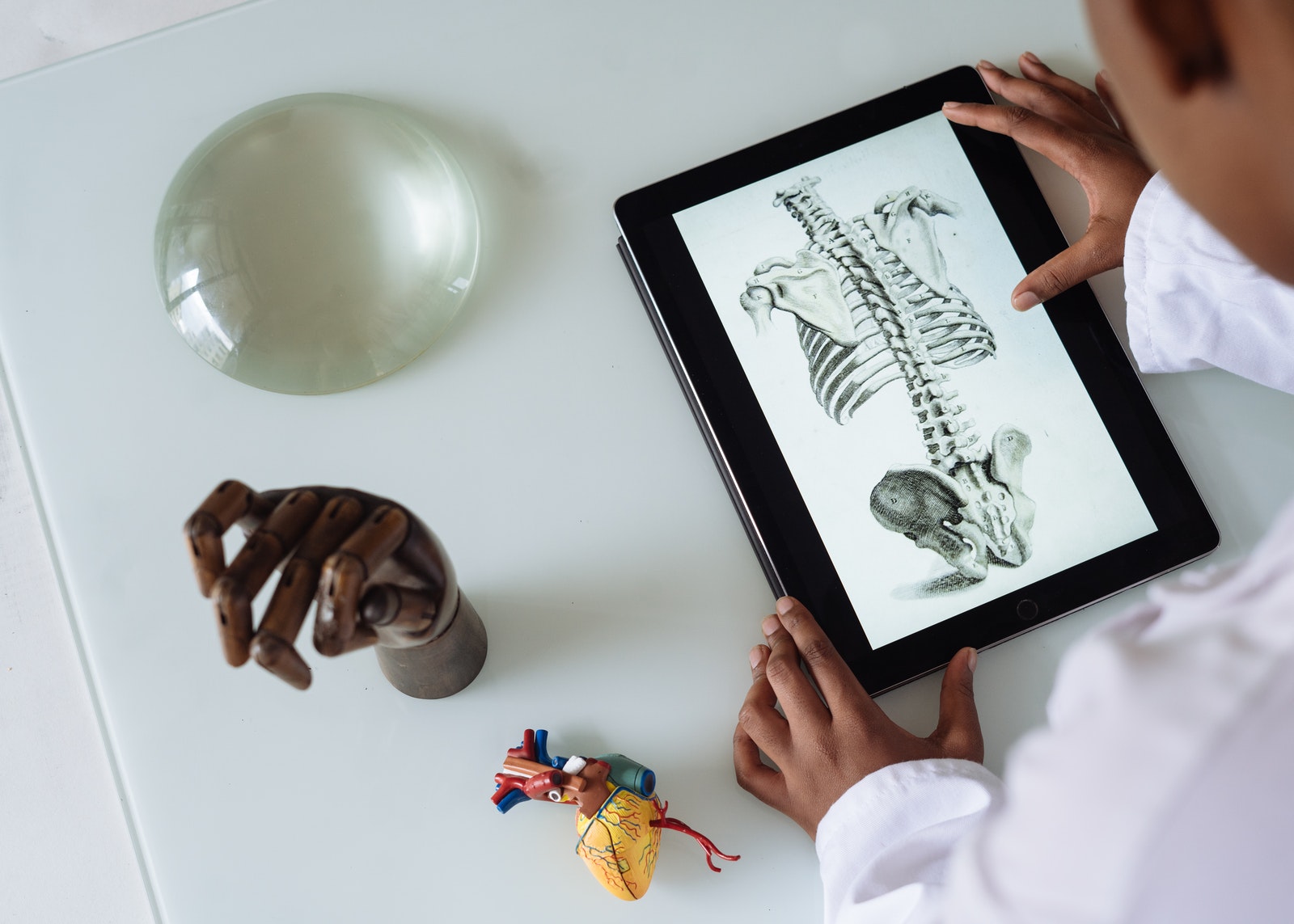
One of the most important things to know before studying anatomy and physiology is that You can understand these subjects easily if you approach them correctly.
Anatomy and physiology are complex subjects, but they can be broken down into manageable chunks.
In addition, it is helpful to have a basic understanding of biology before taking anatomy and physiology. However, this is not a requirement, and many students can do well in these classes without any prior knowledge of biology.
There are a few key concepts that you should be familiar with before beginning your anatomy and physiology study. These include:
The levels of organization within the human body.
Basic chemistry (e.g., atoms, molecules, elements).
Cell structure and function.
Tissues, organs, and systems.
The body's reaction to stimuli.
If you have a strong foundation in these concepts, you will be well on your way to understanding the human body's complexities.
Also read, What To Study Before Nursing School
What Is The Most Difficult Part Of Anatomy And Physiology?
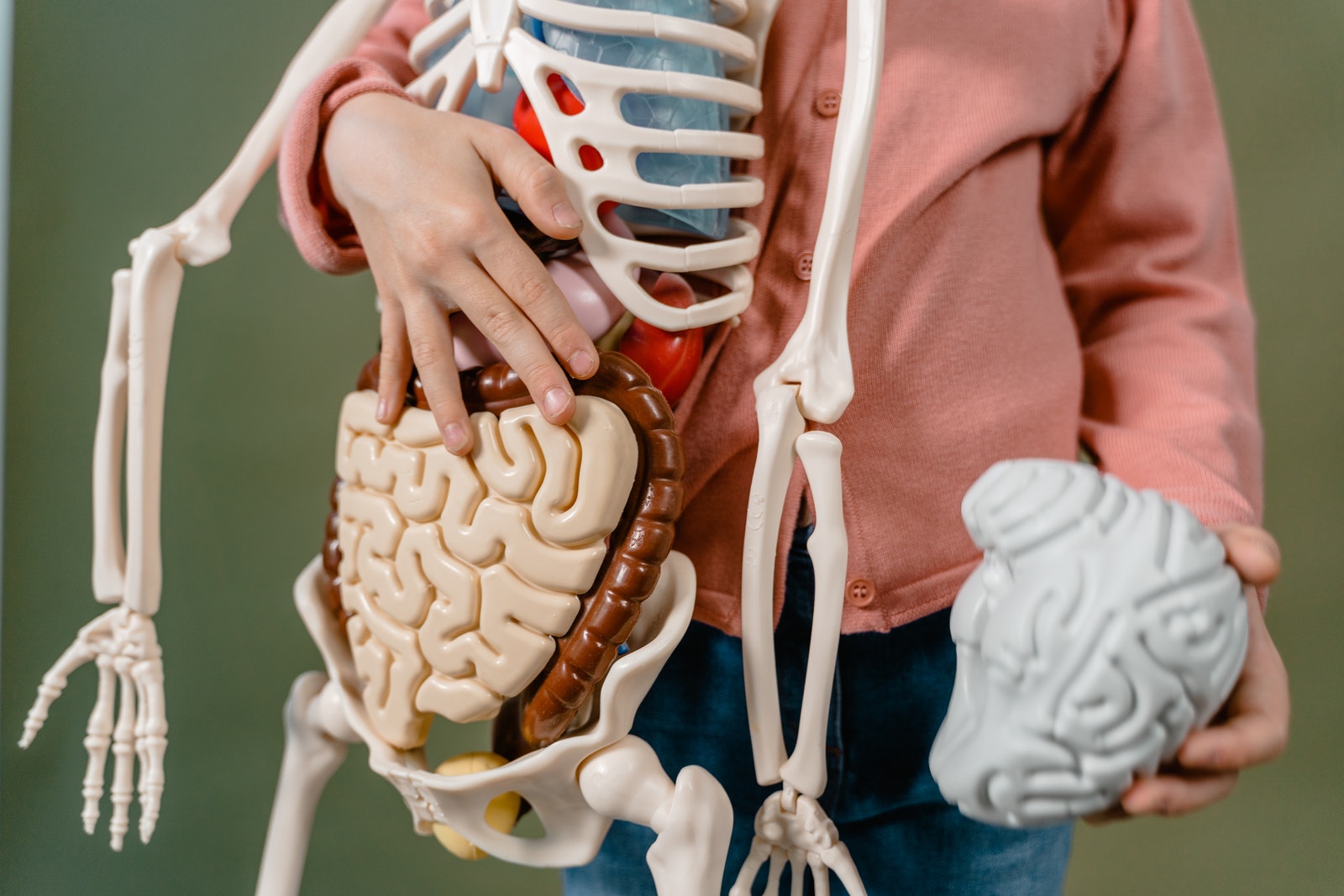
The most challenging part of anatomy and physiology is the human brain. It is a complex organ that controls all of our body's functions, and scientists are still learning new things about it every day.
It's no wonder that learning all of its nuances can be tricky!
How Can You Pass Anatomy And Physiology?

While the thought of anatomy and physiology can make you feel terrified, luckily, there are a few simple tips that can help you pass anatomy and physiology.
- First, make sure you attend all of your classes and take good notes in your own words.
- You should also review your notes regularly and ask your professor questions if you don't understand something.
- Additionally, it's essential to do plenty of practice problems to become comfortable with the material. You can review some study tips here that will help you further.
- Use Youtube videos and Mosby's Anatomy flashcards to learn to understand better.
- Finally, don't wait until the last minute to study for exams; start looking early and review often.
If you follow these tips, you should be able to pass your anatomy and physiology class. Good luck!
Also read, 9 Good Signs You Passed NCLEX 2022
A Few Great Lectures On YouTube To Study Anatomy And Physiology
A video from Crash Course that will help you understand human anatomy and physiology better!
Introduction to Anatomy & Physiology: Crash Course A&P #1
Another excellent video lecture from Nursing2nurture gives a brief introduction to A&P 1.
CHAPTER 1 Introduction to Anatomy and Physiology
You can also get Mosaby's Anatomy flashcards if you want to get some more good results.
How Much Time Will You Need to Spend Studying Human Anatomy and Physiology?

There's no easy answer to this question. The amount of time you need to study human anatomy and physiology depends on how well you understand its concepts. If you're new to the subject, you're going to need more time than if you're an expert.
The best way to determine how much time you'll need is to look at your learning style and determine what works best for you.
Do you prefer reading or watching videos? Do you work well in small chunks, or do you need more extended periods of uninterrupted time? These things will play a role in determining how much time it takes for you to learn HAP concepts.
If you're a visual learner, then watching videos will be more beneficial than reading textbooks or articles online.
If you're an auditory learner, then audio versions of textbooks might be the best option.
And if kinesthetic learners like tactile experiences, then hands-on activities like dissections might be right up your alley!
Will There Be Any Use Of Anatomy and Physiology In Your Future Nursing Career?
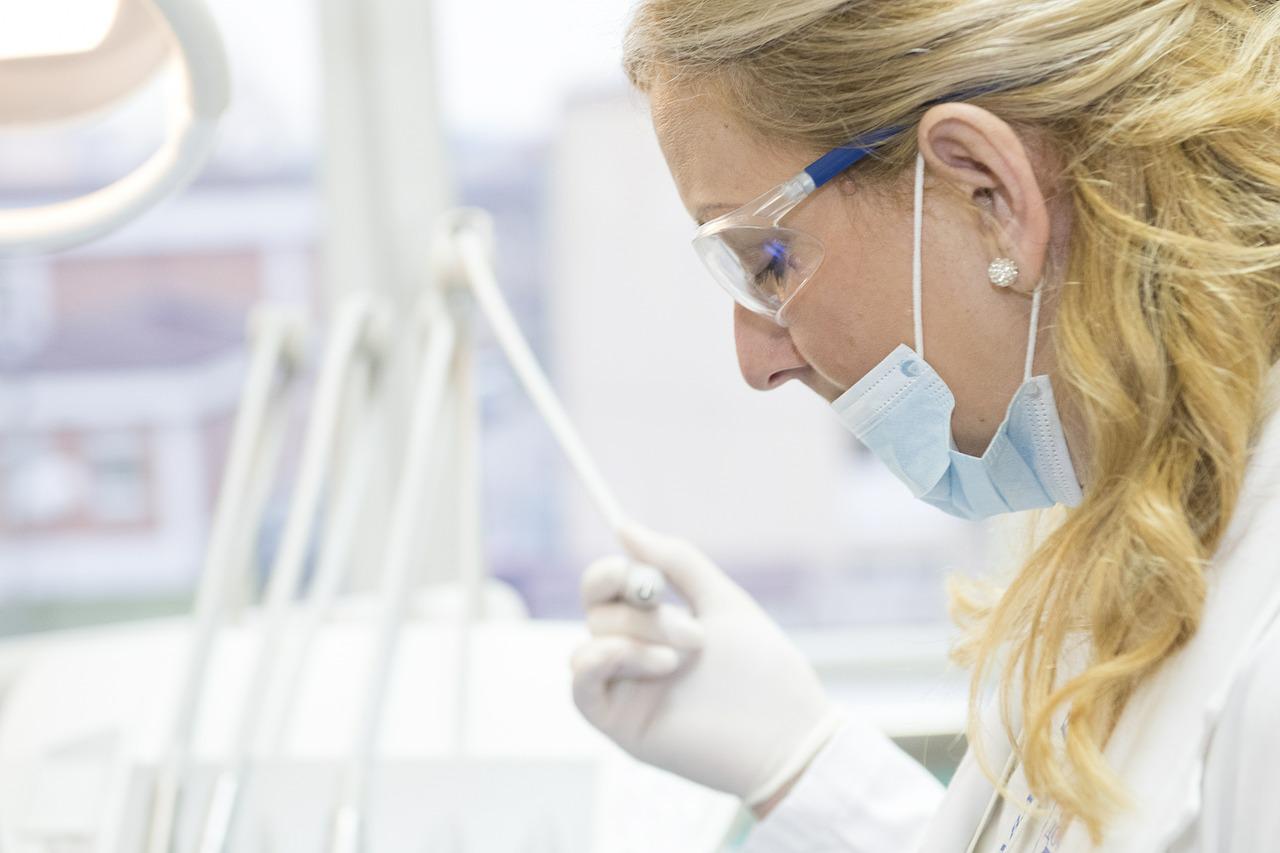
The answer to this question is a resounding, "Yes!".
The human body is a fantastic machine. There are so many things that we can do with it and all the systems that work together to keep us healthy and functioning.
A good nurse should have a basic knowledge of anatomy and physiology. You will learn more as you progress through your nursing program, but having the basics down will help you immensely in your studies and future career.
So why should you have this knowledge?
First, it helps you in your understanding of disease processes.
Suppose you know what happens when certain conditions occur or how the body responds to certain medications or interventions. In that case, you can better assess and analyze what is happening to your patients.
Second, it gives you a better understanding of treating patients in different situations. If you know about anatomy and physiology, then it makes sense that you would be able to understand how various treatments work on other parts of the body.
Third, knowing about anatomy and physiology can help you make better decisions about patient care.
By knowing how a drug works in different areas of the body (i.e., its pharmacodynamics), you can better determine if it is the proper medication for your patient or if there are potential side effects that you need to be aware of.
Fourth, having a good understanding of anatomy and physiology will make you a more confident nurse.
If you know how the body works and what's expected, you will be less likely to second-guess yourself when caring for patients.
In short, there is a lot of benefit to learning about human anatomy and physiology, especially if you plan on pursuing a career in nursing.
So take the time to learn as much as you can! It will pay off in the long run.
Let's Wrap It!
So your question: Is anatomy and physiology hard is answered. Anatomy and physiology can be complicated, but they are essential fields of study.
With a little hard work and some practice, you will be able to succeed in your A&P course. We also added some tips above that will help you to pass in both the subjects.
Just stay focused and follow the tips we mentioned above. With the right approach, you can even conquer the world! We wish you the best of luck in your studies!
FAQs
Is anatomy and physiology harder than biology?
Some people may find anatomy and physiology more difficult because of the amount of detail involved. In contrast, others may find biology more challenging because it covers a broader range of topics.
Is anatomy hard in college?
Anatomy can be challenging for college students, but it is possible to succeed with suitable study methods. Anatomy can be difficult, but it also provides students with a wealth of knowledge about the body and how it works.
What do you study in anatomy class?
In anatomy class, you study the structure and function of the human body. You learn about the different organs and systems and how they work together.
What's the difference between Anatomy and Physiology 1 and 2?
Anatomy and Physiology 1 is usually required for Anatomy and Physiology 2. The reason is that A & P 2 builds on what was learned in A & P 1.
Is it a bad idea to take anatomy and physiology simultaneously?
It's not a bad idea to take anatomy and physiology simultaneously, but it might be challenging. You'll need to have a strong foundation in biology to succeed in both courses.
If you're up for the challenge, taking both courses simultaneously can help you get ahead in your studies.
Is Anatomy and physiology 1 difficult?
It depends on the person's background knowledge and interest in the topic. Some people find anatomy and physiology 1 difficult, while others find them relatively easy.
